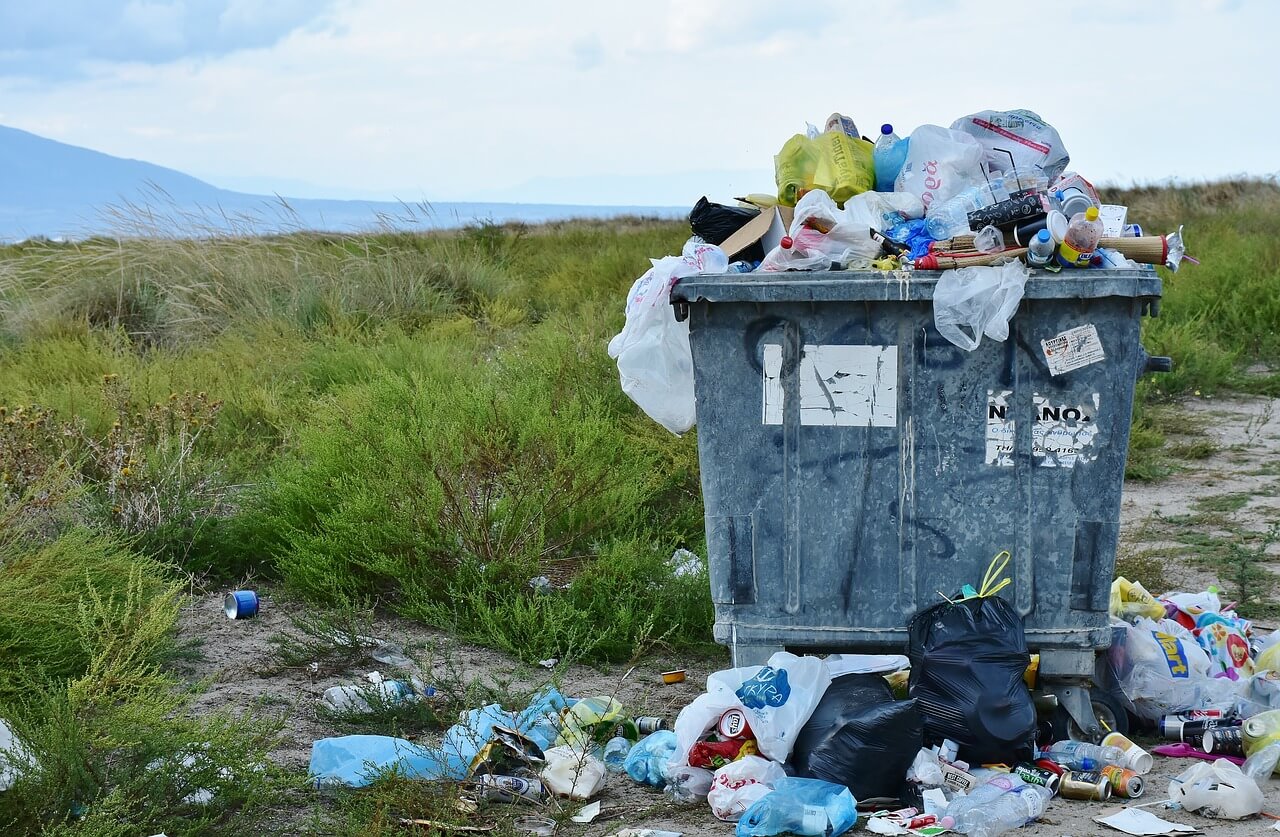

The Misiones cryptocurrency in Argentina, called JellyCoin, is a new blockchain-based token backed by the local government and will be used to reward citizens who separate waste.
The Argentine province of Misiones is planning to use cryptocurrency to encourage the local population to comply with environmental regulations. The province’s Ministry of Industry made the announcement on August 20.
The use of blockchain technology for this project will ensure transparency. At the same time, it will enable citizens to have complete control of their earned funds, thus eliminating the need for intermediaries.
The statement published on the Ministry’s website doesn’t provide excessive details about its cryptocurrency. While the press release underlines the benefits of blockchain technology, it fails to detail how the system will work.
It’s more than likely, however, that the Misiones cryptocurrency is an Ethereum-based token, as there’s currently a JellyCoin token listed on the Ethereum blockchain. However, the local authorities don’t say how many tokens they plan to issue, nor their value.
All that is known so far is that the JellyCoin network works as a rewards system. People who want to join are required to register as collectors, producers, or generators of waste.
The platform connects producers (end-users) to collectors, who are responsible for sorting items according to environmental regulations. After that, the collectors are connected with generators, which are organisations that process the waste.
Each producer must upload all the details about the items thrown away on the network. Based on this information, users get rewards in the form of the Misiones cryptocurrency. Collectors and generators receive digital coins as well based on the volume of waste they gather and process.
According to local authorities, citizens can use JellyCoins in local shops, as well as for paying taxes and municipal fees.
It’s hard to tell whether the Misiones cryptocurrency is a stablecoin or another type of digital asset. The authorities from the province of Misiones haven’t released any technical details about the JellyCoin yet. It remains to be seen how the government will aim to set the value of the token and manage the rewards system.
You’d be forgiven for wondering why this new “rubbish-based commodity” is necessary. Why did the authorities decide to create a new coin instead of relying on Bitcoin or another waste-related cryptocurrency already in the market? We’re not quite sure just yet and, at least for now, there isn’t much information on this topic.
What is certainly significant, however, is that no fiat rewards are included in the project. Argentine authorities value the transparency provided by blockchain technology. At the same time, the statement published on the Ministry’s website mentions that with a blockchain-based solution in place, no banks are involved. This alone can be a strong use case for cryptocurrency in a country deeply suspicious and wary of banks.
Another question mark arises from the fact that there’s still no information on the companies that are willing to take payments in JellyCoin. Without private partners to accept the Misiones cryptocurrency, the recently announced virtual coin will end up being about as useful as the waste it’s trying to organise.
The Misiones cryptocurrency isn’t the only initiative like this in Argentina. There are other organisations that use cryptocurrencies to encourage people to recycle and take care of the environment. Both public and private organisations, including the Catholic University of Cordoba, use tokens to reward environmental care activities.
PepsiCo Latin America is another big name that plans to use virtual coins as incentives for people who recycle. The company’s initiative targets several countries in Latin America and the Caribbean, including Argentina, Brazil, Guatemala, Jamaica, Peru, and Mexico.
Rewards like the Misiones cryptocurrency could help raise awareness and motivate locals to make more educated decisions regarding waste management. In Latin America, only 2% of waste gets recycled. In more environmentally-friendly conditions, processors could recycle over 90% of it.
Cryptocurrency and recycling could make extremely good bedfellows. Crypto incentives have the potential to motivate people to be more careful and protect the environment. At the same time, authorities that rely on the blockchain and governments that back digital coins send an influential pro-cryptocurrency message.
These initiatives could become examples of best practices for multiple other applications of cryptocurrency in various industries – with the plus that they have the potential to improve the quality of life by protecting the environment.
Denver, Colorado, 24th February 2025, Chainwire
Denver, Colorado, 20th February 2025, Chainwire
Washington, D.C., 18th February 2025, Chainwire
Dubai, UAE, 27th January 2025, Chainwire
Those who enter the market at this time may be surprised to hear that Bitcoin…
George Town, Grand Cayman, 22nd November 2024, Chainwire